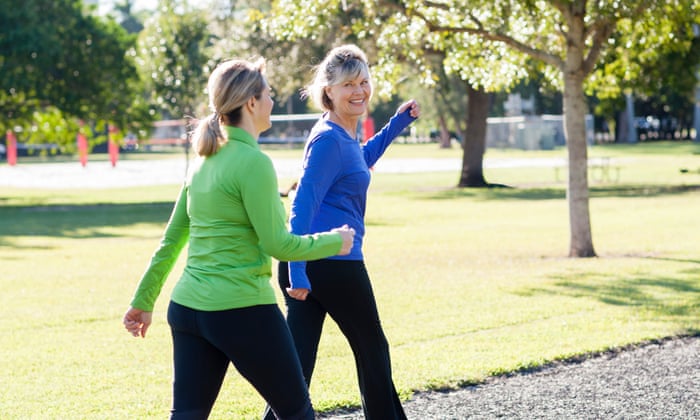Modern life often demands long hours of sitting—whether at work, school, or even during leisure. While structured workouts like gym sessions or sports are beneficial, daily movement in small doses is just as important. Walking, stretching, and short bursts of physical activity can significantly impact health over time. These small habits may not feel monumental, but when practiced consistently, they create powerful results for body and mind.
Movement In Everyday Life
Daily movement doesn’t have to mean running marathons or lifting heavy weights. It’s about weaving physical activity into the fabric of your routine. Taking the stairs instead of the elevator, walking while talking on the phone, or stretching during breaks are simple actions that keep your body active.
The effect is much like an insta dp viewer tool—seemingly small and quick, but it gives insight and adds value when used consistently. In the same way, small movements throughout the day give your body what it needs to stay energized and healthy without demanding major changes.
Health Benefits Of Small Habits
Science shows that even brief periods of activity improve circulation, boost mood, and enhance focus. Moving for just a few minutes every hour reduces the risks linked to sedentary lifestyles, including obesity, diabetes, and cardiovascular problems.
Professionals across various fields, whether corporate workers or a legal professional in long client meetings, often struggle with extended sitting times. Small habits like standing between calls, walking to grab water, or practicing desk stretches can counteract this problem. It’s not about intensity but consistency—tiny efforts done daily protect health in the long term.
Emotional Well-Being And Stress Relief
Daily movement isn’t just good for physical health—it also benefits mental and emotional well-being. Simple actions like a brisk walk outdoors, yoga, or even dancing at home reduce stress and release endorphins, the body’s natural mood boosters.
This emotional release is similar to reading or writing yaad shayari. Both provide an outlet for emotions and help clear the mind. Movement, like poetry, allows you to process feelings and find relief, especially during stressful or overwhelming moments.
Small Habits At Work
Office workers are among the most sedentary groups, spending hours seated at desks. Introducing movement habits can enhance productivity and creativity. Walking meetings, quick stretches, or standing desks encourage healthier work environments.
Consider how professionals rely on platforms like a web design agency directory to discover specialized services. Similarly, adopting small daily exercises is a practical, resourceful approach to finding balance in work life. Just as businesses thrive on visibility and networking, individuals thrive when activity is part of their routine.

Movement For Community And Daily Living
Movement habits extend beyond personal health—they often connect us to our communities. Walking to local shops, gardening, or engaging in active chores all count as valuable exercise. These tasks bring a sense of accomplishment and connect physical activity to meaningful daily life.
For instance, a local tradesmen listing site helps communities connect with service providers for essential tasks. Movement plays a similar role—it connects health to everyday living. Instead of being seen as separate or burdensome, exercise becomes integrated into ordinary activities, making it sustainable and enjoyable.
The Compounding Effect Of Small Steps
The true power of small daily exercise habits lies in their compounding effect. One walk may not feel transformative, but months of regular walking can improve endurance, reduce body fat, and strengthen muscles. Similarly, five minutes of stretching daily can prevent stiffness, improve posture, and reduce long-term aches.
Just as consistent savings grow into wealth, consistent movement builds resilience in the body. It’s a reminder that health is not shaped overnight but through steady effort over time.
Making Movement A Natural Part Of Life
The most effective exercise routines are those that fit seamlessly into your lifestyle. Here are some practical tips for building small habits into daily life:
- Walk or cycle short distances instead of driving.
- Do short stretching routines before bed or after waking up.
- Stand while talking on the phone or during virtual meetings.
- Use a reminder app to prompt short activity breaks every hour.
- Make movement enjoyable—dance, play with kids, or explore nature.
By approaching movement as part of daily living rather than a chore, it becomes sustainable.
Conclusion
Daily movement proves that small habits can have big benefits. From improved physical health to emotional balance, these simple practices prevent the risks of sedentary living while enhancing quality of life. They also demonstrate that health is not about perfection—it’s about consistency. Like the ripple effects of small decisions in work, community, or creativity, daily movement builds strength, resilience, and happiness over time. It doesn’t demand gyms or long workouts—it just requires commitment to staying active in the little moments of everyday life.



